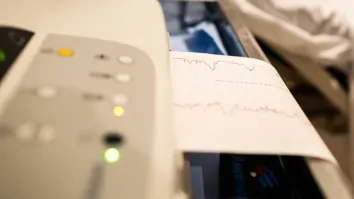
Hong Kong's public healthcare system thrives amidst staggering surplus
Recurrent expenditure on healthcare grew by an average of 7% over the past decade.
Hong Kong’s public healthcare system is all set for the long run as the government makes it a point to increase recurrent expenditure on healthcare by an average of 7% over the past decade to address growing medical needs, according to BMI Research.
The administration’s healthy public finance management enables it to adequately finance the operations of public hospitals around the city as the budget surplus reached $138b in 2017-18 thanks to the government’s prudent fiscal philosophy.
Government expenditure on public healthcare services grew 13.3% to 71.2b which accounts for almost a fifth or 17.5% of total recurrent expenditure, Finance Secretary Paul Chan revealed in the 2018 budget address, with the Hospital Authority set to receive over $6b to imrprove its operations.
“Whilst the Hospital Authority (HA) continue to receive the lion's share of resources, other areas such as healthcare manpower training and promotion of healthy lifestyles to reduce the non-communicable disease burden also saw their funding increase by a sizeable amount,” BMI noted.
The government is also setting aside $300b for its 10-year hospital development plan to improve medical facilities and upgrade healthcare teaching institutions.
In a breakdown, $200m will be allotted to enhance healthcare professional training, an additional $100m to fund the Department of Health’s community lifestyle programmes, $940m to fund the Colorectal Cancer Screening Pilot Programme; $500m to accelerate the development of traditional Chinese medicines and $500m for the Community Care Fund which will subsidise the purchase of high-priced drugs.



















 Advertise
Advertise





